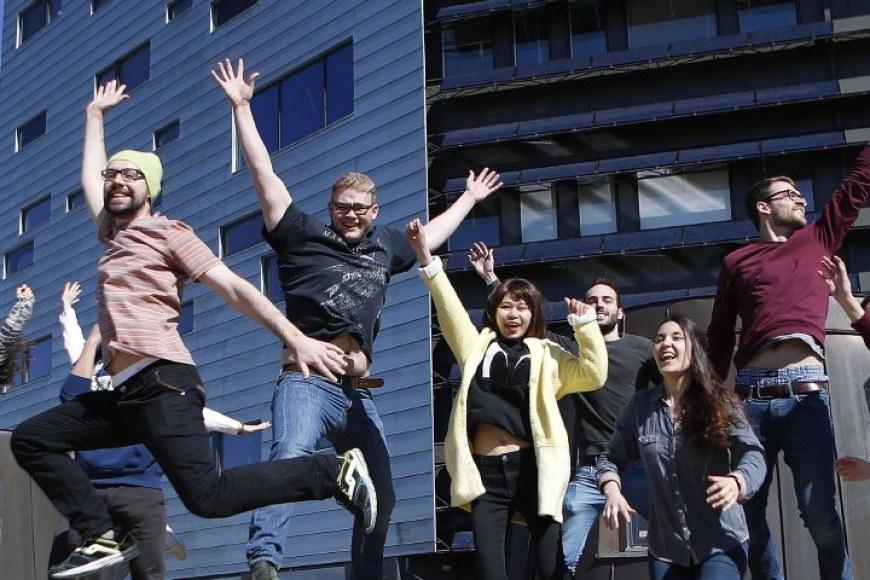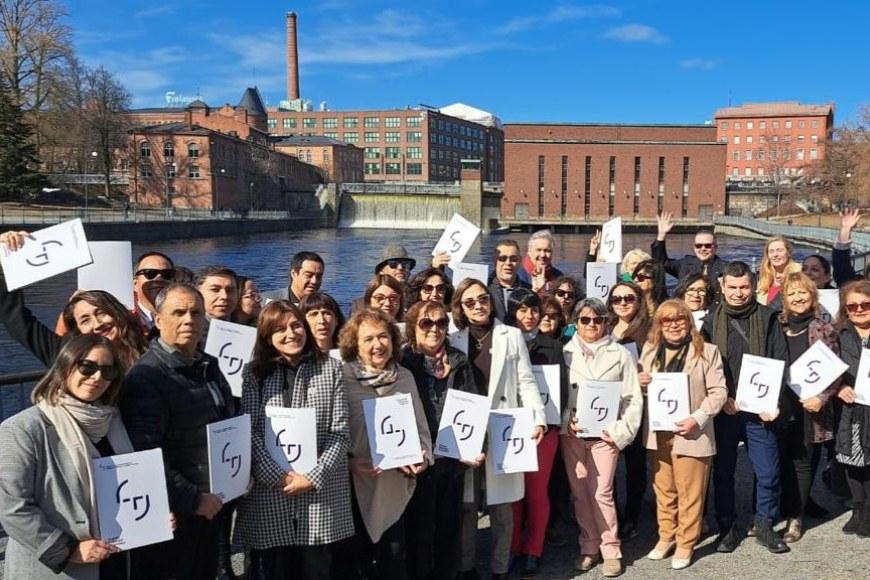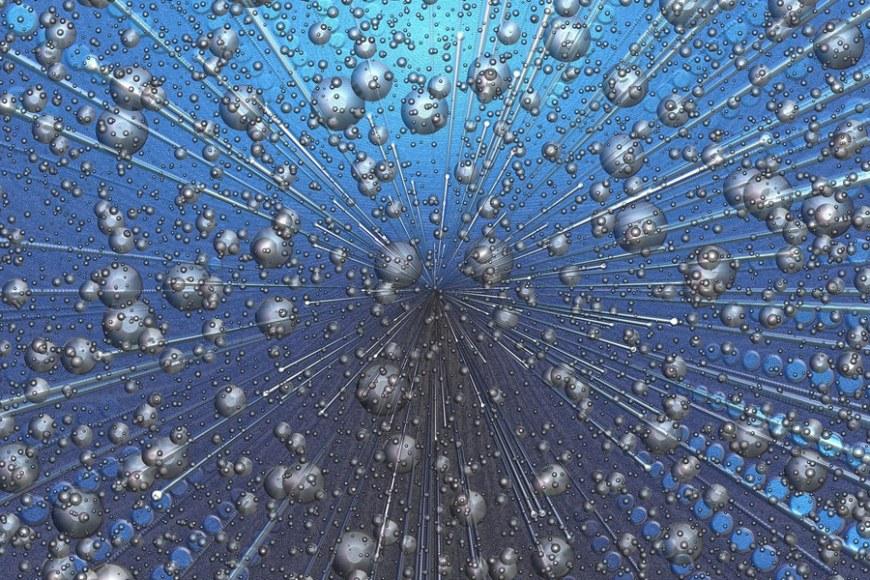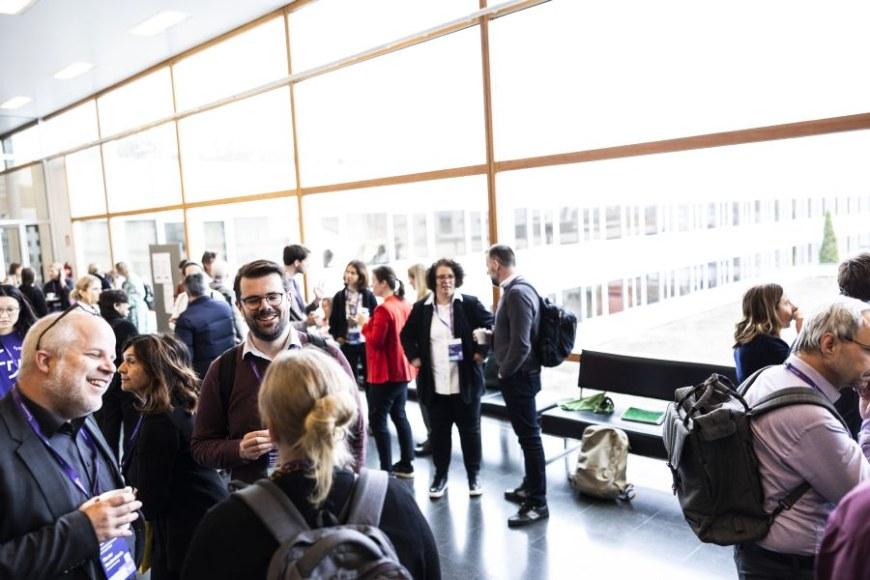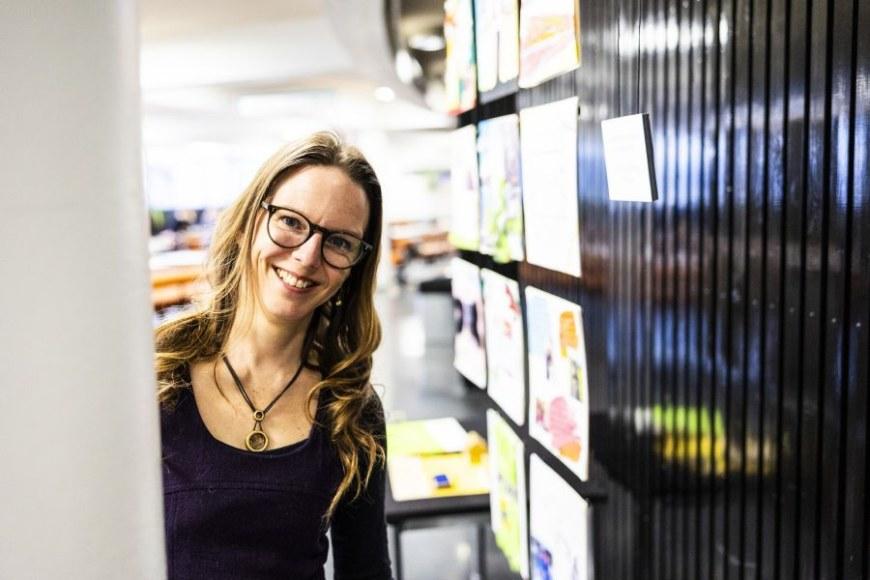Cleaning reduces the number of coronavirus particles on surfaces but does not remove them completely
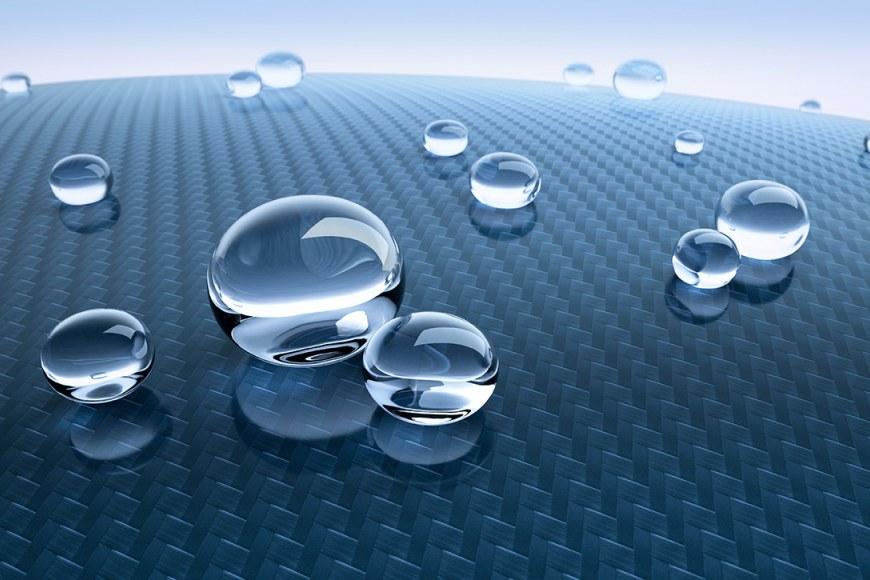
The project which studied effectiveness of daily cleaning in the changing epidemic situation revealed that the coronavirus adheres to different surface materials with a varying intensity. Cleaning reduces the number of virus particles but does not remove all viruses from surfaces. The project also modelled the spread of virus markers in dining situations.
The surface hygiene development project of the Tampere Universities community and enterprises studied survival of the coronavirus on surfaces and how cleaning with detergents affected the virus.
“Nursing, service and cleaning companies need research information to manage the sudden risk of infection. We worked effectively for half a year. The results of the project funded by Business Finland are very interesting,” tells Project Manager and Professor of Virology Heikki Hyöty from Tampere University.
All detergents clean the virus relatively effectively from different surfaces
In laboratory experiments, surfaces were contaminated with an endemic coronavirus and wiped with different detergents and a disinfectant detergent. The results showed that wiping does not remove all virus particles from surfaces. The coronavirus seems to adhere to different surface materials with a varying intensity and certain surfaces are easier to clean than others.
“In general, it can be said that the disinfectant was most effective in cleaning. All detergents were relatively effective in cleaning the virus from surfaces. Detergents had an important role in cleaning surfaces,” sums Adjunct Professor Sami Oikarinen from Tampere University.
Cleaning reduces virus contamination in hospital environments
Based on samples taken from Tampere University Hospital’s coronavirus patient rooms, SARS-CoV-2 virus particles were found on room surfaces.
It was stated in the research that cleaning reduces the number of virus particles on surfaces but does not always remove them completely. In samples examined so far, the viruses were however not infectious because their concentrations were very low.
Exposures were modelled in real restaurant facilities
“We tested in a living lab environment how virus markers spread during normal dining situations in two different types of dining areas,” tells Senior Lecturer Leila Kakko from Tampere University of Applied Sciences.
Based on the results, most people do not use enough hand sanitizer. Safety distances were not fully realised either in the experiments. There was cross-contamination between diners and different sittings. Customers’ markers were found in waiters who seem to have passed the markers to several persons.
The practices of changing the serving utensils every half an hour and placing chairs in accordance with safety distances seem to lower the risk of infection.
More research information on management of the risk of infection coming
The project also included interviews and workshops for enterprises and surveys for cafe and restaurant customers.
“They show that in customers’ opinion the changes in cleaning practices are not always sufficient,” Kakko states.
According to her, many cleaning enterprises developed corona cleaning to a new service product. Instructions were made for customers. Challenges were posed by availability of products and price increase.
Spread of pathogens can be minimised by using evidence-based information. Planning of a further project has started and thus more research information will be offered later.
Development of Surface Hygiene in a Changing Epidemic Situation (PIHY) is a co-creation project funded by Business Finland. It started on 1 September 2020 and ended on 28 February 2021. The project produced evidence-based and piloted information on effectiveness of daily cleaning.
The project participants were Tampere University, Tampere University of Applied Sciences, Kemvit, Berner, Kiilto Clean, Poistoa, Norlandia Care and several other Finnish cooperation partners.
PIHY project’s website
Further information:
Leila Kakko, Senior Lecturer, Tampere University of Applied Sciences, leila.kakko [at] tuni.fi, +358 50 3119623
Photograph: Shutterstock
Text: Hanna Ylli
